
Ochsner Health's program was among the recipients of the 2022 ACCC Innovator Awards, given to projects that improve patient care, are cost-effective, and are replicable.

Ochsner Health's program was among the recipients of the 2022 ACCC Innovator Awards, given to projects that improve patient care, are cost-effective, and are replicable.

New and emerging medications in the specialty drug pipeline were discussed during a keynote address at AMCP Nexus 2022 by Aimee Tharaldson, PhD, senior clinical pharmacist of emerging therapeutics at Express Scripts, with biosimilars, orphan drugs, and cell and gene therapies emerging as key trends to watch.
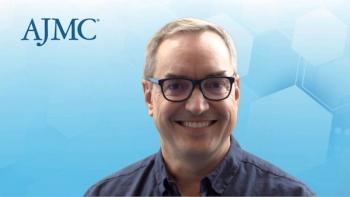
Much of artificial intelligence (AI) is now being used in the more mundane areas of health care, figuring out where to be most helpful, so doctors can do what they do best, which is diagnostic care, noted Scott Penberthy, PhD, MS, director, Applied AI, Office of the CTO, at Google.
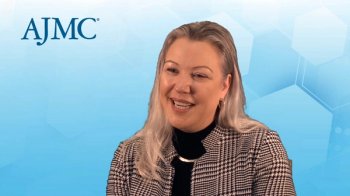
Kelly Price, US Head of Rare Disease at HRA Pharma, argues proving the value of the prescription digital therapeutic (PDT) market may lead to better coverage of PDTs.
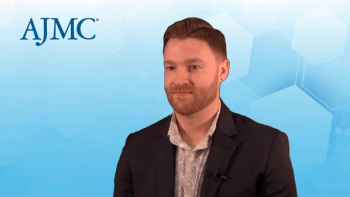
Kevin N. Astle, PharmD, assistant professor at University of South Florida Taneja College of Pharmacy, expands on HIV pre-exposure prophylaxis (PrEP) therapies in the pipeline discussed at the Academy of Managed Care Pharmacy Nexus fall 2022 meeting.

Two stakeholders from Avalere Health discuss the utility of patient-centric value frameworks for equitable health care delivery, as well as challenges and strategies regarding its implementation at Academy of Managed Care Pharmacy Nexus 2022.

Stakeholders at the Academy of Managed Care Pharmacy (AMCP) Nexus 2022 meeting review federal legislative and regulatory updates in managed care pharmacy and the impact that upcoming midterm elections will have on these provisions.

As with many medical meetings, some of the presentations from the annual American College of Chest Physicians event will be livestreamed or on demand for later viewing, but the organizers have stressed the importance of coming together for the first time since 2019.
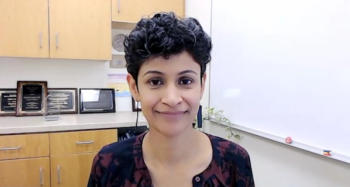
CHEST 2022 is being held in Nashville, Tennessee, beginning October 16, and Subani Chandra, MD, FCCP, the chair of the Scientific Program Committee, discusses why meeting in real life as opposed to virtually is energizing, even if medical conferences are hectic.

Leana Cabrera Chien, MSN, RN, GCNS-BC, GNP-BC, is a geriatric nurse practitioner at City of Hope, working in its Aging Wellness Clinic.

The sessions align with the yearlong theme selected by this year’s ACCC president, David R. Penberthy, MD, MBA, when he took the helm in March: “Leveraging Technology to Transform Cancer Care Delivery and the Patient Experience.”

Carmen Guerra, MD, MSCE, FACP, is a general internist and professor of medicine at the University of Pennsylvania's Perelman School of Medicine.
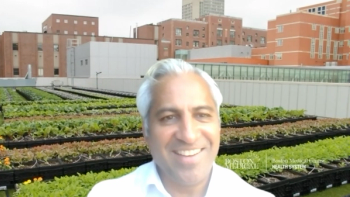
Bhavesh Shah, RPh, BCOP, chief pharmacy officer and director of specialty and hematology/oncology pharmacy at Boston Medical Center, goes over his session to be presented at the fall meeting of AMCP Nexus 2022.

The annual fall meeting of AMCP Nexus 2022 will feature a keynote from one of the top physician-executives in health care, the specialty pharmaceutical pipeline, and insights for managed care stakeholders in selecting and integrating cost-effective, value-based care frameworks.
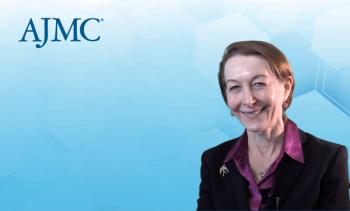
At the American Academy of Ophthalmology's annual conference, Rona Z. Silkiss, MD, FACS, an oculoplastic surgeon and owner of Silkiss Eye Surgery, dived into how biologic therapies can be used to treat thyroid eye disease and what can be done to ensure patients have access to these treatments.
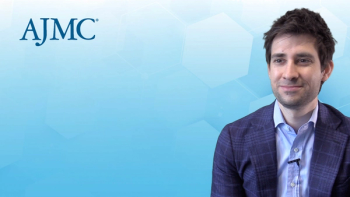
Michael N. Cohen, MD, a retinal surgeon at Wills Eye Hospital and Mid Atlantic Retina, describes the differences between wet and dry age-related macular degeneration (AMD) and how gene therapy could help treat the condition in the future.

Results from the pivotal PHOTON and PULSAR trials highlighted the success of 8-mg aflibercept every 12 or 16 weeks in patients with diabetic macular edema (DME) and neovascular age-related macular degeneration (nAMD).
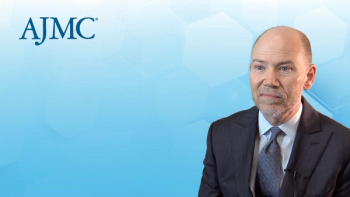
Richard C. Allen, MD, PhD, FACS, an oculoplastic surgeon at Texas Children's Hospital and a professor at Baylor College of Medicine, spoke on how oculoplastic surgery in pediatric patients has changed at the American Academy of Ophthalmology's 2022 conference.

During a lecture delivered at the American Academy of Ophthalmology (AAO) annual meeting, James Madara, MD, CEO of the American Medical Association, discussed 3 areas in ophthalmology care that required innovation to effectively push care into the 21st century.

Posters presented at the American Academy of Ophthalmology 2022 annual meeting show that the treat-and-extend (T&E) regimen was effective in managing neovascular age-related macular degeneration (nAMD), which makes adherence to treatment vital for long-term outcomes.
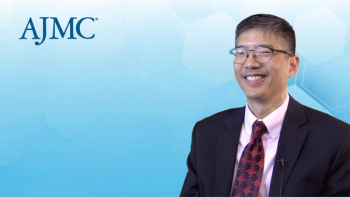
Advances in imaging and data science are changing the nature of retina practice, and retina specialists need to stay on top of these, said Michael F. Chiang, MD, director of the National Eye Institute (NEI), who also discussed some of the current research the agency is conducting into artificial intelligence (AI) and telemedicine.
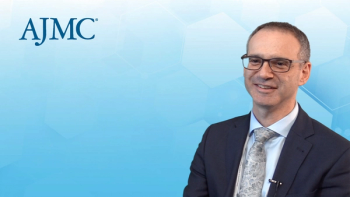
Gene therapy can be used to treat retinitis pigmentosa, an inherited eye disease, and there is likely to be an increase in approved gene therapies for ophthalmic conditions, explained Michel Michaelides, MD, FACP, a consultant ophthalmologist and a professor of ophthalmology at the University College London Institute of Ophthalmology's Genetics Department.

The presentation focused on the Protocol AC trial, which considered whether step therapy had an impact on visual outcomes for patients starting on bevacizumab and switching to aflibercept later.
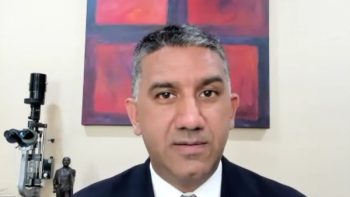
The ophthalmology practice of the future will need to manage patients more efficiently and that means incorporating more technology, said Ravi Goel, MD, spokesperson for the AAO and ophthalmologist at Regional Eye Associates in New Jersey.

Posters presented at the American Academy of Ophthalmology 2022 annual meeting showed that patients with retinal vein occlusion (RVO) are most likely older with higher diastolic blood pressure, and they require prompt treatment to help manage the disease.

Speakers at a panel at the American Academy of Ophthalmology (AAO) 2022 conference spoke about future treatment options for patients in both minimally proven operations and in-office retina surgeries.
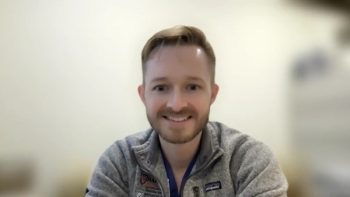
Ophthalmology is image heavy, which has made the specialty amenable to telemedicine and the implementation of artificial intelligence, said Grayson Armstrong, MD, medical director, ophthalmic emergency services at Massachusetts Eye and Ear, and instructor in ophthalmology at Harvard Medical School.
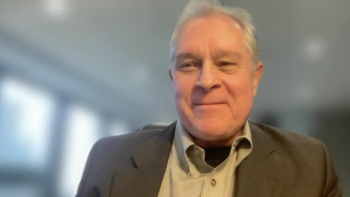
During the Parker Heath Lecture at the American Academy of Ophthalmology (AAO) annual meeting, James Madara, MD, CEO of the American Medical Association (AMA), will discuss the 3 arcs of the AMA’s strategic framework and the innovation that needs to occur.

The American Academy of Ophthalmology (AAO) annual meeting will present cutting-edge topics on retinal disease, as well as feature a presentation from historian Doris Kearns Goodwin, said Ravi Goel, MD, spokesperson for AAO and ophthalmologist at Regional Eye Associates in New Jersey.

The American Academy of Ophthalmology (AAO) will hold its conference in person in Chicago and online from September 30 to October 3, 2022.

259 Prospect Plains Rd, Bldg H
Cranbury, NJ 08512
© 2025 MJH Life Sciences®
All rights reserved.
